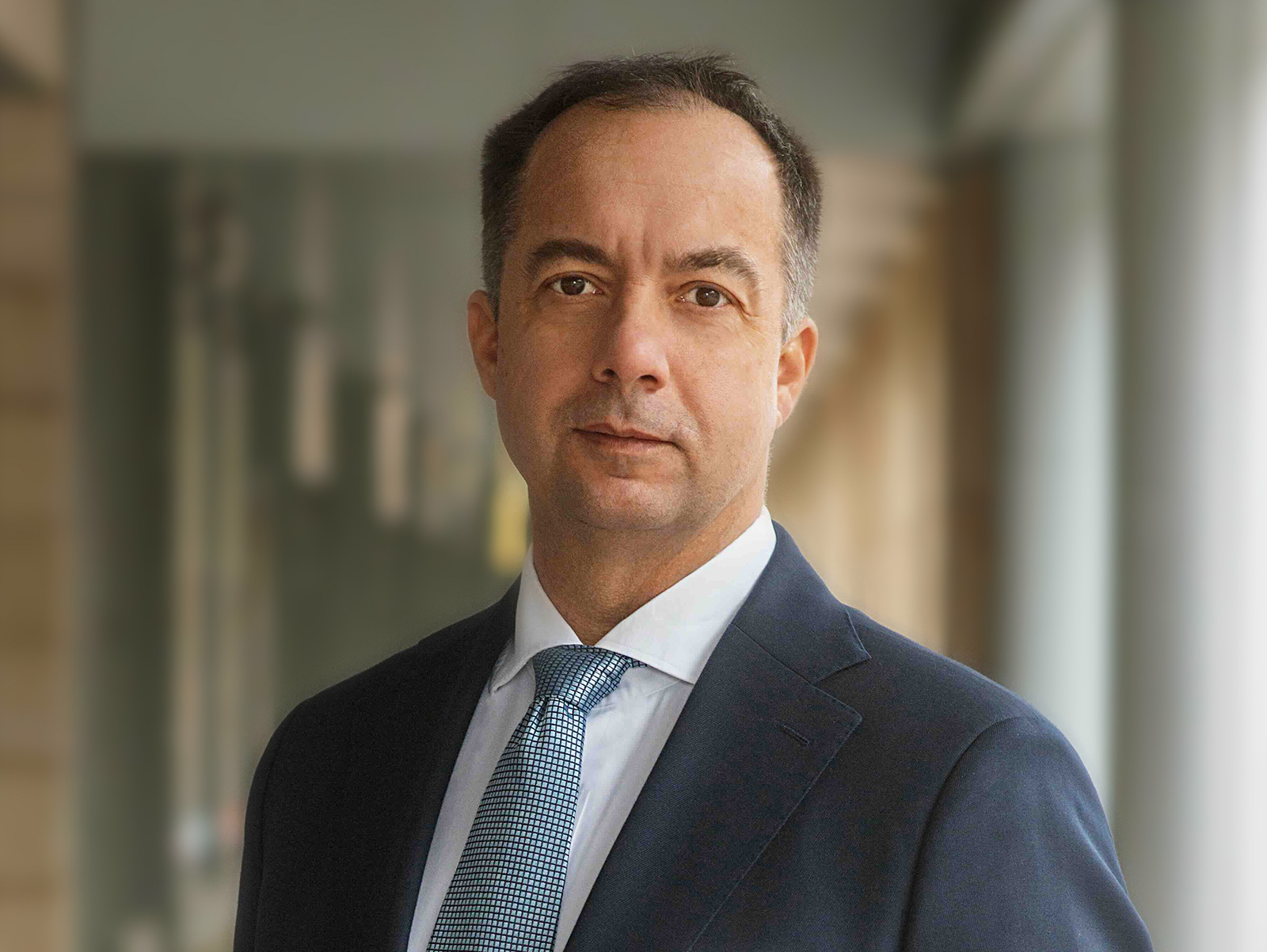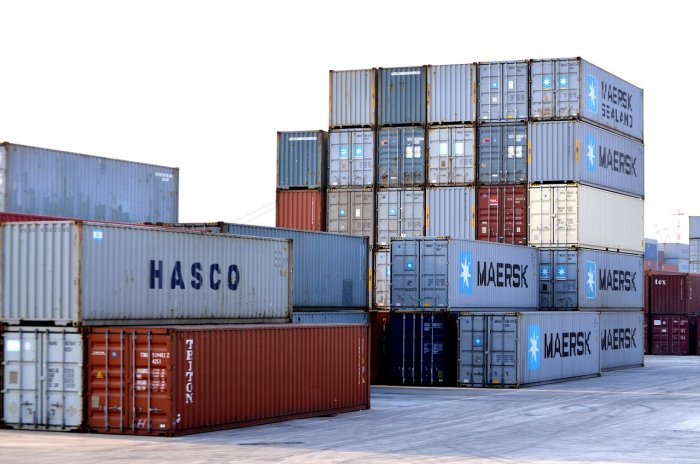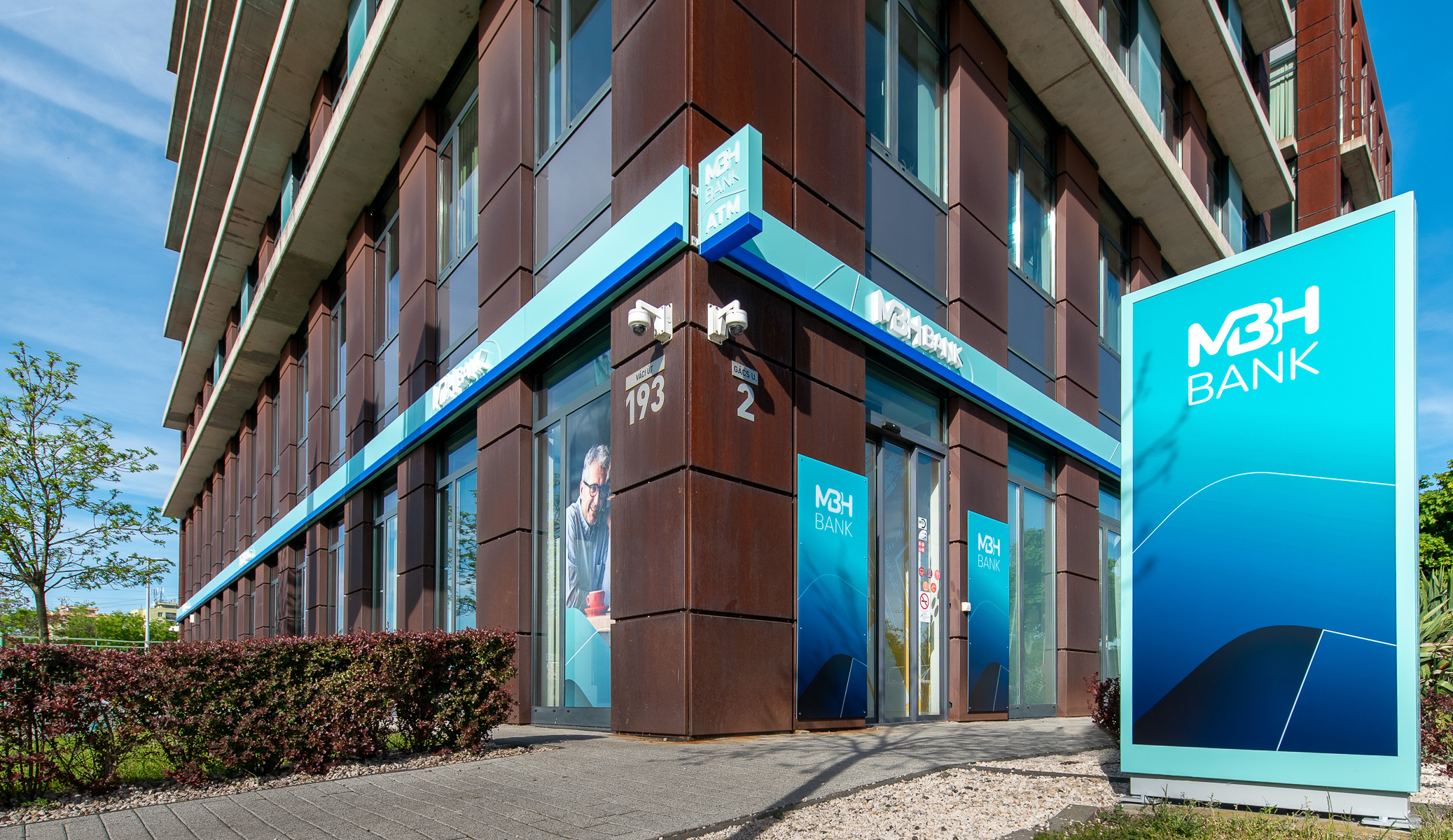Breaking the Subcontracting Spiral, Adding Value, Supporting ESG

Attila Puskás, Frame Group
You don’t need to have been in Hungary very long to discover that much of the country seems to exist on the basis of subcontracting. You hire someone to do a job, and they go out and hire someone else (who might, conceivably, do the same thing in turn). Frame Group decided long ago that while that was one way of doing business, it was neither efficient nor sustainable.
“We are not subcontracting; we don’t want to be some kind of management company,” insists Attila Puskás, the executive board director and majority owner since the mid-2010s. “We have almost 500 staff. In all our projects, we focus on providing the services ourselves, not subcontracting them out.”
Puskás gained his facility management experience working in Hungary, but he was involved in many projects in Western Europe and saw a different way of working.
“That was the knowledge I built from working with the biggest Western European facility management companies. I am trying to transfer that knowledge,” he says. “We are building a competence center based on more than 30 years of experience.”
Founded in 1989, Frame’s business today is built on three pillars: Integrated Facility Management, Energy Performance (including audit and installation), and Construction and Fitout. Relying on their own staff rather than outside contractors means the management has a degree of training and quality control that would otherwise be unavailable.
“That is where we can add value,” the executive director says. It is something customers have come to appreciate.
“Global companies are used to focusing on as few suppliers as possible. In Hungary, my feeling is that many companies don’t care how many suppliers they have; they just want the lowest price and maybe not the highest quality.” The difference in mindset is obvious.
“We are focusing on those clients who request a comfortable price but high-quality services and who are looking for a long-term relationship, so we can get to know each other deeply,” Puskás says.
The Proactive Approach
Two trends dominate the world of facility management today: ESG (environment, social and governance) and BCP (business continuity planning). For Puskás and his team, keeping on top of the trends is not enough in itself, but it does open another avenue for adding value. One word sums it up: proactivity.
“Absolutely. Productivity is the first step and the main issue. Many of our clients have been dealing with ESG for years already. They are open to it and delighted if we come to them with suggestions and solutions based on our experience.”
If you can judge a person by the company they keep, much the same can be said for a service provider and its clients.
The relationship with the Magyar Suzuki automotive factory in Esztergom, for example, goes back nine years and covers “many services: cleaning, facility management, hardware fit out.” Or there is the Hungarian industrial pharmacy company Beres, for whom Frame developed a PV system at its headquarter and factory (covering the roof, carport, and so on).
“It was a huge project, very special. They were so satisfied with our services that, right now, we are in negotiations to provide them with more.”
For Vodafone, Frame provides what the market terms TFM “total facility management. It means that the provider, from one hand, provides everything that is needed for all kinds of buildings: data centers, office buildings, inventories, security services, cleaning, maintenance, fit-out, energetics, and we are doing that county-wide.”
Puskás says Frame Group is expanding by 15-20% a year. It is a figure he argues is sustainable, balancing the need to grow with the ability to serve existing customers effectively and efficiently. Those aren’t bad watchwords by which to build a business. Nor is the motto on the front of the company promotional brochure: “We make the world feel like home.”
This article was first published in Top Expat CEOs 2024 on March 22, 2024.
SUPPORT THE BUDAPEST BUSINESS JOURNAL
Producing journalism that is worthy of the name is a costly business. For 27 years, the publishers, editors and reporters of the Budapest Business Journal have striven to bring you business news that works, information that you can trust, that is factual, accurate and presented without fear or favor.
Newspaper organizations across the globe have struggled to find a business model that allows them to continue to excel, without compromising their ability to perform. Most recently, some have experimented with the idea of involving their most important stakeholders, their readers.
We would like to offer that same opportunity to our readers. We would like to invite you to help us deliver the quality business journalism you require. Hit our Support the BBJ button and you can choose the how much and how often you send us your contributions.











